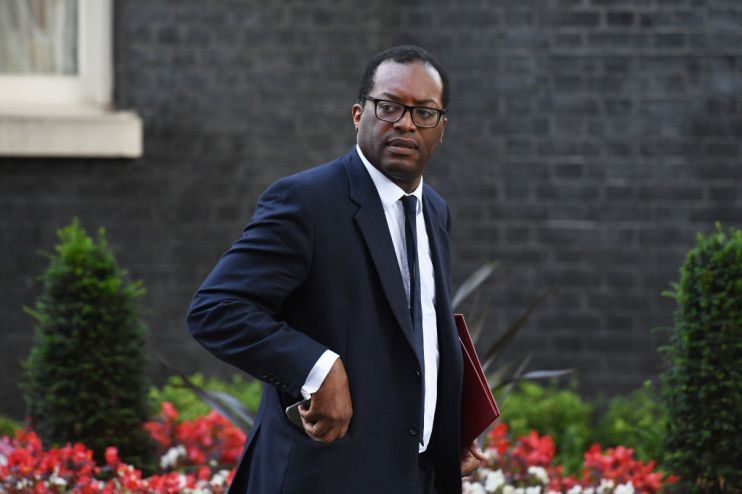Challengers turn their backs on ‘shared audits’ of the largest companies

So-called ‘challenger’ audit firms BDO and Grant Thornton are reportedly considering not pitching for shared audits of FTSE 100 companies, in a move that could jeopardise the government’s plans to water down Big Four dominance.
The two challengers are instead considering focusing on increasing the number of FTSE 250 companies they audit on a solo basis, the Financial Times first reported.
In order to water down the supremacy of the big-name auditors, the government proposed large companies would be required to use smaller firms to conduct a “meaningful” portion of their annual audit of FTSE companies.
The government said ‘meaningful’ would be defined and calculated with reference to one or more of the total audit fee (in the prior year), group revenues, profits and assets of the company, with the challenger’s proportion to be no less than 10 per cent of those criteria and preferably closer to 30 per cent.
On shared audits, Fiona Baldwin, head of audit at Grant Thornton, told the FT that “if the challenger firm is just going to get what’s left at the bottom of the barrel, that’s not interesting and doesn’t help.”
BDO head of audit Scott Knight added: “BDO will work with whatever market intervention [BEIS] land upon and try to make it work.
“We think the exemption from managed shared audits if you appoint a challenger firm will have a significant impact, particularly among the FTSE 250.”
The government’s business department said: “We remain confident that managed shared audit will be effective to increase competition in the long term.
“It is welcome that some challenger firms already feel able to tender for FTSE 250 contracts as sole auditor – this is the desired effect following proposals set out by government.”
The Big Four firms – Deloitte, EY, KPMG and PwC – dominate FTSE 100 audits, however some challengers, including BDO and Grant Thornton, get a look in in the FTSE 250, albeit a smaller share than the Big Four.